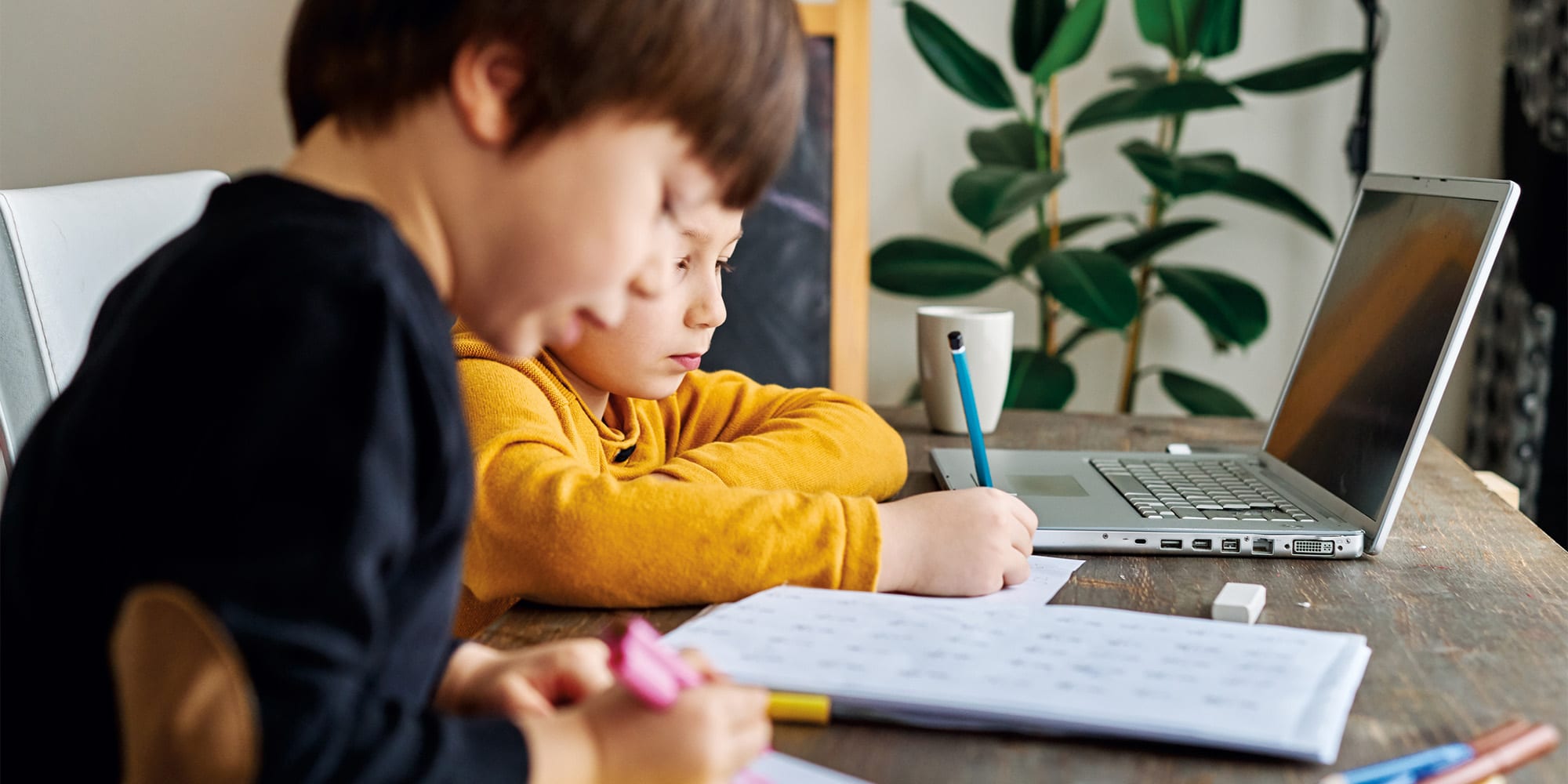Introduction
Education is a critical component in the development of a child’s intellectual, social, and emotional well-being. Parents and guardians are often faced with the difficult decision of choosing the right school for their child. In Texas, parents can opt for traditional public or private schools, or they can choose one of the best Montessori schools in Texas. Both options have their advantages and disadvantages, but in this blog, we will focus on which approach is more effective for developing critical thinking skills – Montessori or Traditional Education.
Montessori Education
Montessori education is a child-centered educational approach developed by Dr. Maria Montessori, an Italian physician, and educator. The Montessori approach emphasizes the importance of hands-on, experiential learning and individualized instruction. In a Montessori classroom, children are free to choose their activities and work at their own pace. The Montessori approach also stresses the importance of mixed-age classrooms, where younger children learn from older children, and older children reinforce their learning by teaching younger children.
When looking for the best Montessori schools in Texas, it is important to consider the accreditation, teacher qualifications, curriculum, and facilities. The Montessori School of Downtown, with campuses in the Shadow Creek area, Pearland area, Clearlake area, Silverlake area, and downtown area in Houston, Texas, is one of the best Montessori schools in Texas. The Montessori School of Downtown has been providing high-quality Montessori education to children aged 6 weeks to 12 years since 1997. The Montessori School of Downtown is accredited by the National Association for the Education of Young Children (NAEYC), which is a recognized standard of excellence in early childhood education. The Montessori School of Downtown’s teachers are certified by the American Montessori Society (AMS), which requires rigorous training and ongoing professional development.
Traditional Education
Traditional education, on the other hand, is a teacher-centered approach to education that emphasizes the importance of standardized curriculum and assessment. In a traditional classroom, teachers are the primary source of knowledge, and students are expected to learn by listening, memorizing, and regurgitating information. The traditional approach to education is characterized by a structured curriculum, standardized testing, and a focus on grades and academic performance.
Montessori vs. Traditional Education: Developing Critical Thinking Skills
Now that we have a basic understanding of Montessori and Traditional education let’s examine which approach is more effective for developing critical thinking skills. Critical thinking is the ability to analyze, evaluate, and synthesize information to make informed decisions. Critical thinking is a crucial skill that enables individuals to solve problems, make decisions, and communicate effectively.
Montessori education is effective in developing critical thinking skills because of its emphasis on hands-on, experiential learning. Montessori classrooms provide a prepared environment that encourages exploration, discovery, and experimentation. Children are given the freedom to explore their interests and learn at their own pace, which fosters a love of learning and a sense of self-direction.
Traditional classrooms are often grouped by age, which can create a competitive environment and discourage collaboration. Students in traditional classrooms are often compared to their peers, which can lead to a focus on grades rather than learning.
Assessment is another area where Montessori and Traditional education differ. In Traditional education, assessment is often focused on standardized tests and grades. Students are expected to perform well on tests to demonstrate their knowledge and understanding of the material.
In Montessori education, assessment is less focused on grades and more focused on the child’s individual progress and development. Montessori teachers use observation and anecdotal records to track a child’s progress and identify areas where the child needs additional support or challenges. This approach allows teachers to tailor their instruction to meet the unique needs of each child and promote the development of a child’s critical thinking skills.
Mixed-Age Classrooms in Montessori Education
Another aspect of Montessori education that fosters critical thinking skills is the use of mixed-age classrooms. In a mixed-age classroom, children of different ages work together, learn from each other, and reinforce their learning through teaching. This approach promotes collaboration, leadership, problem-solving, and communication skills, which are essential components of critical thinking.
When looking for the best Montessori schools in Texas, it is important to consider the benefits of mixed-age classrooms in fostering critical thinking skills. Montessori schools, such as Montessori School of Downtown, emphasize the importance of mixed-age classrooms as a way to promote collaboration, leadership, and problem-solving skills.
Conclusion
In conclusion, both Montessori and Traditional education have their strengths and weaknesses, but when it comes to developing critical thinking skills, Montessori education offers a more effective approach. Montessori education emphasizes hands-on, experiential learning, individualized instruction, and mixed-age classrooms, which promote critical thinking, problem-solving, and communication skills.
When looking for the best Montessori schools in Texas, it is important to consider the accreditation, teacher qualifications, curriculum, facilities, and approach to education. The Montessori School of Downtown, with its campuses in Shadow Creek area, Pearland area, Clearlake area, Silverlake area, and downtown area in Houston, Texas, is one of the best Montessori schools in Texas that offers high-quality Montessori education to children aged 6 weeks to 12 years.


